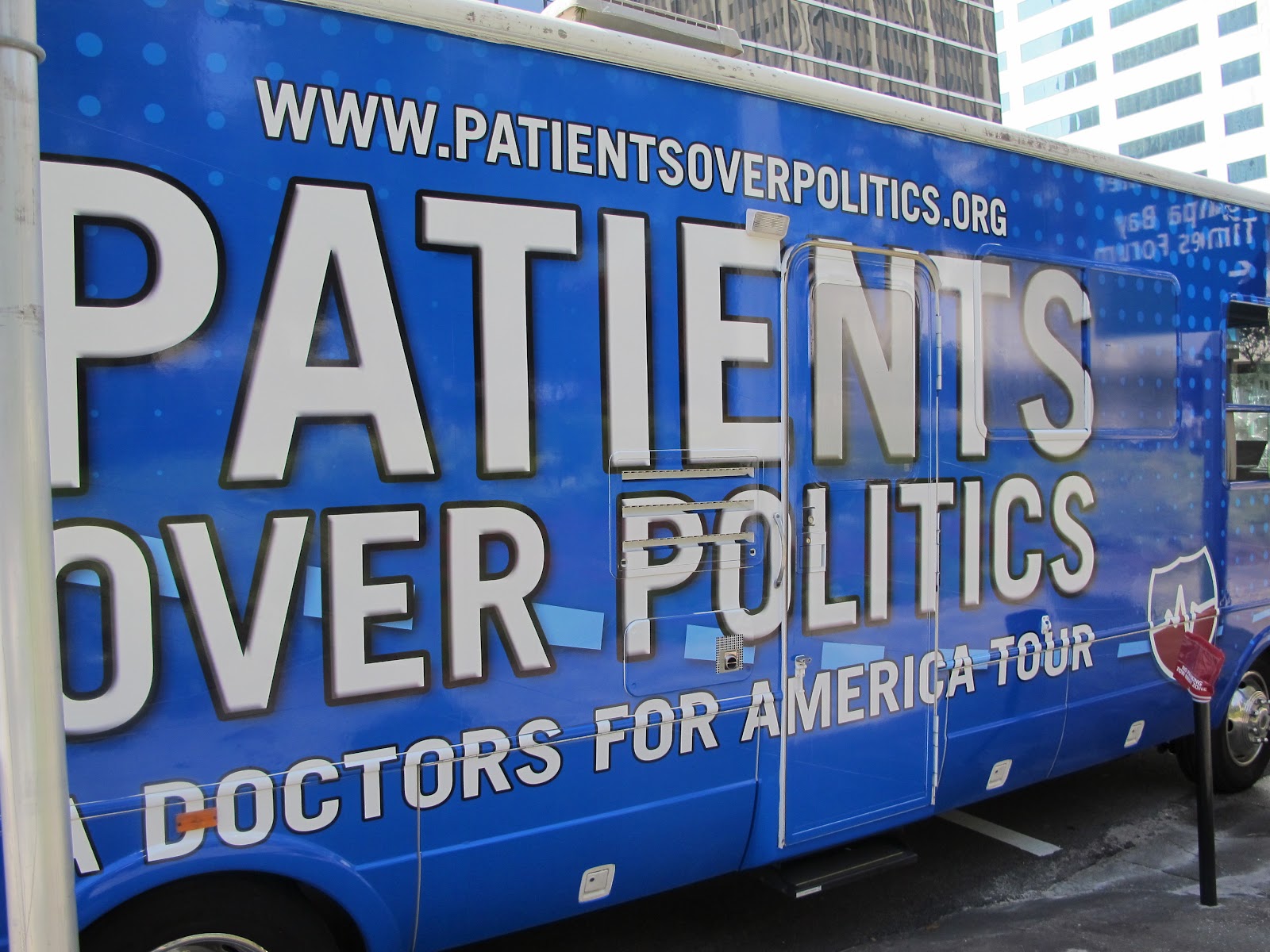If Republicans are looking for a real health insurance alternative to Obamacare, how about letting health insurance work like other types of insurance. When a medical event occurred, the health insurer would write the policyholder a check and the insurer’s role would be done. Then the indemnified patient, not the insurance company or the employer or the government, would control the money and therefore the medical decisions.
Videos by Rare
That’s the way auto insurance often works. A claims adjuster comes out to look at the damage to a policyholder’s wrecked car and writes the policyholder a check.
It’s not a far-fetched idea either; some health coverage already works that way. Aflac and other insurers, for example, sell health coverage that pays the policyholder cash when an insured medical event occurs.
Other insurance companies sell a life insurance policy with a “critical care” rider. If the life insurance coverage is for, say, $250,000, and the policyholder experiences a major accident or illness, the insurer will send the policyholder a check, based on a payout schedule of medical conditions, and the life insurance benefit is reduced by the amount of the medical reimbursement.
A real alternative to Obamacare would indemnify policyholders by paying some contracted amount — say, 80 percent of the national or regional average for a specific diagnosis and treatment. That’s it.
Of course, most insurance policies have negotiated discounts with doctors and hospitals, and this approach probably wouldn’t include one because the insurer wouldn’t be managing the care. But there are companies that negotiate lower provider rates and sell very affordable memberships to individuals.
But if patients controlled their money, it’s more likely that providers would shift to a more rational and transparent pricing system in which doctors and hospitals posted their prices and competed for patients based on price and quality.
Such a policy likely wouldn’t cover preventive care. But health policy experts know that preventive care, while important, doesn’t save the health care system money. As economist Austin Frakt of Boston University recently told Reuters, “Preventive care is more about the right thing to do … But it’s not plausible to think you can cut healthcare spending through preventive care. This is widely misunderstood.”
People could—and should—still get preventive, but they would pay for it out of pocket. But given how much less these indemnity insurance policies cost, they’d have money left over from the cheaper policy. And these plans are perfectly compatible with Health Savings Accounts (HSAs), tax-free accounts that are used to pay for small and routine care like preventive care.
The good news is that Congress can create an indemnity insurance option without the politically difficult task of repealing Obamacare. It would simply need to pass legislation that allows true indemnity insurance to be a qualified option under Obamacare.
There is nothing radical about shifting from the current health insurance system where countless people are involved in managing care and controlling costs—except the doctor and patient—to one in which patients are financially empowered to make their own decisions. It is already being done on a small scale. Politicians wanting an Obamacare alternative should allow it to be tried on a large scale.



